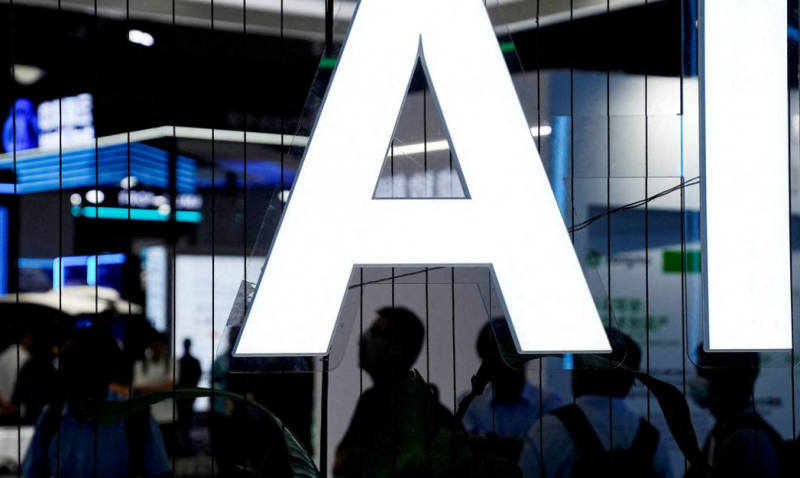
New Delhi: In the wake of the rapid rise of artificial intelligence (AI), workers across industries are grappling with a deep-seated fear of job displacement. Termed "AI anxiety," this growing problem is taking a toll on the mental health of many employees.
The root of this anxiety lies in the ever-increasing sophistication of AI, which can now undertake tasks once reserved exclusively for humans. From AI-powered chatbots seamlessly simulating human-like conversations to advanced automation processes, numerous job roles currently held by humans face the risk of being rendered obsolete by AI in the near future.
Adding to the unease is the lightning-fast pace of technological advancements, leaving workers struggling to keep up with the ever-evolving landscape. This uncertainty breeds anxiety as employees find it challenging to predict which roles will be automated and which will remain secure, fueling fears about their job security and future prospects.
Also read: Indigo Flight's Emergency Landing in Patna, Due to Technical Snag
Moreover, the impact of AI is not uniformly felt across the workforce. While high-skilled professionals may find AI freeing them from mundane tasks, enabling them to focus on more creative endeavors, low-skilled workers are at higher risk of displacement, intensifying the anxiety divide.
The mental health implications of AI anxiety are becoming increasingly apparent. A recent study by the University of Oxford revealed that workers experiencing AI-related anxiety are more likely to suffer from depression, anxiety, and stress. Additionally, sleep difficulties and concentration problems are common among those affected.
Also read: Pamper Your Hair with a DIY Hair Spa Treatment: Step-by-Step Instructions
To tackle this pressing issue, a multifaceted approach is essential. Firstly, raising awareness among workers about the potential impact of AI on their jobs is crucial. Encouraging them to upskill and reskill to adapt to the changing landscape will empower them to stay competitive.
Secondly, employers must foster transparency regarding their automation plans. Initiatives to support displaced workers, such as retraining programs or facilitating job transitions, can mitigate the negative consequences of AI implementation.
Also read: AI.com to Flip as X.com averse to ChatGPT by X lover Elon
Lastly, governments should take a proactive role in investing in education and training programs that prepare workers for the future of work. By equipping the workforce with relevant skills, they can reduce the AI anxiety burden and promote a smoother transition to an AI-driven economy.
AI anxiety is an escalating concern that demands immediate attention. By promoting awareness, empowering workers, and fostering collaboration between employers and governments, society can navigate the challenges of AI implementation while safeguarding the mental health and well-being of its workforce.
Also read: Centre to Introduce Anusandhan National Research Foundation Bill in LS Today